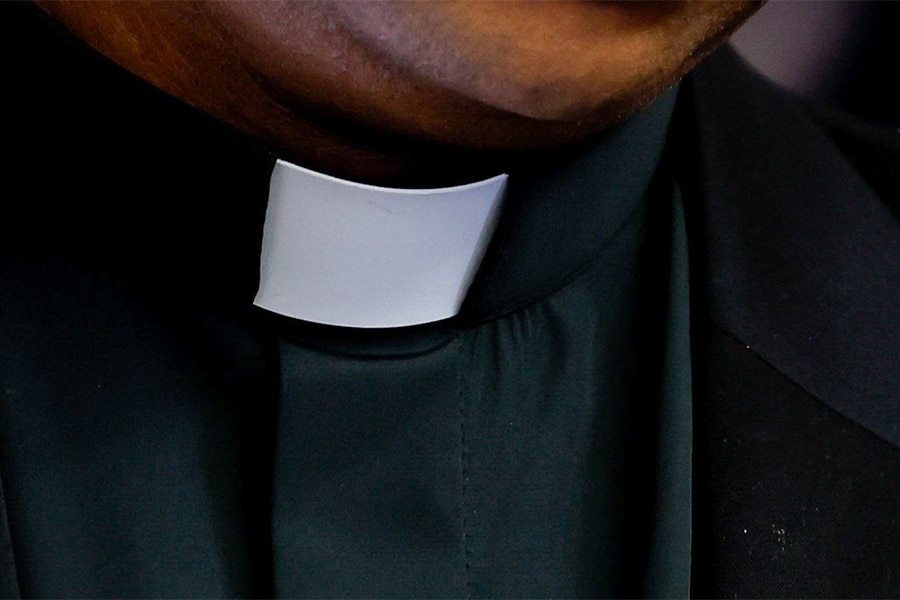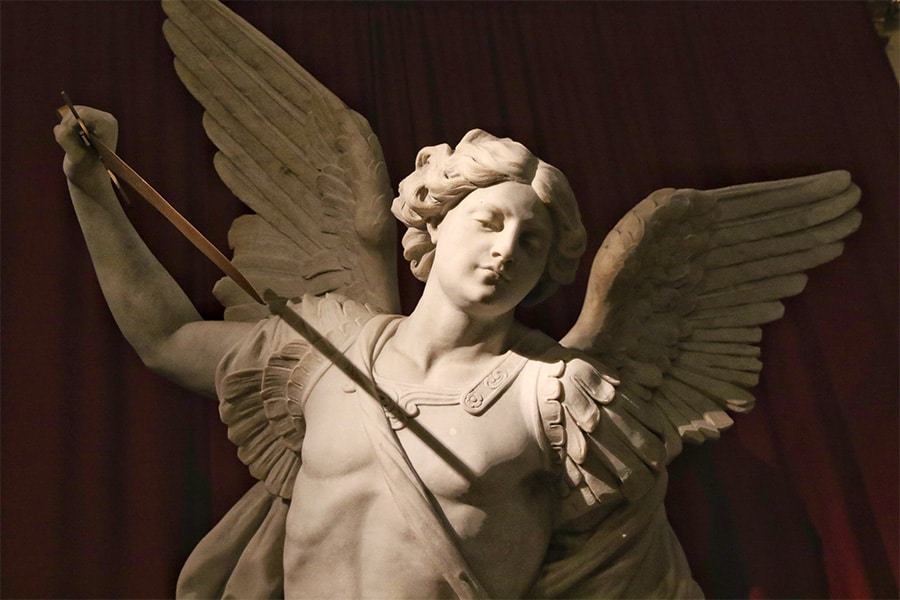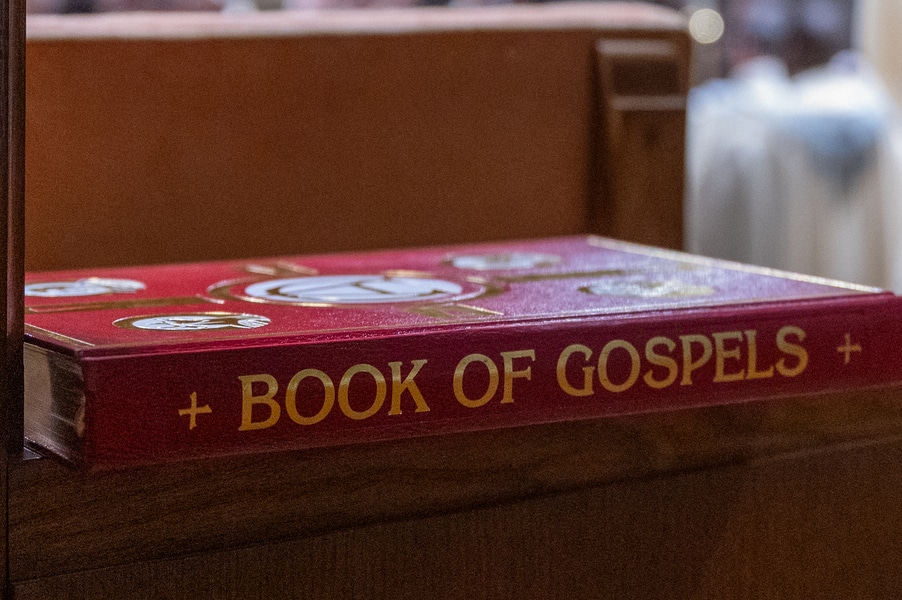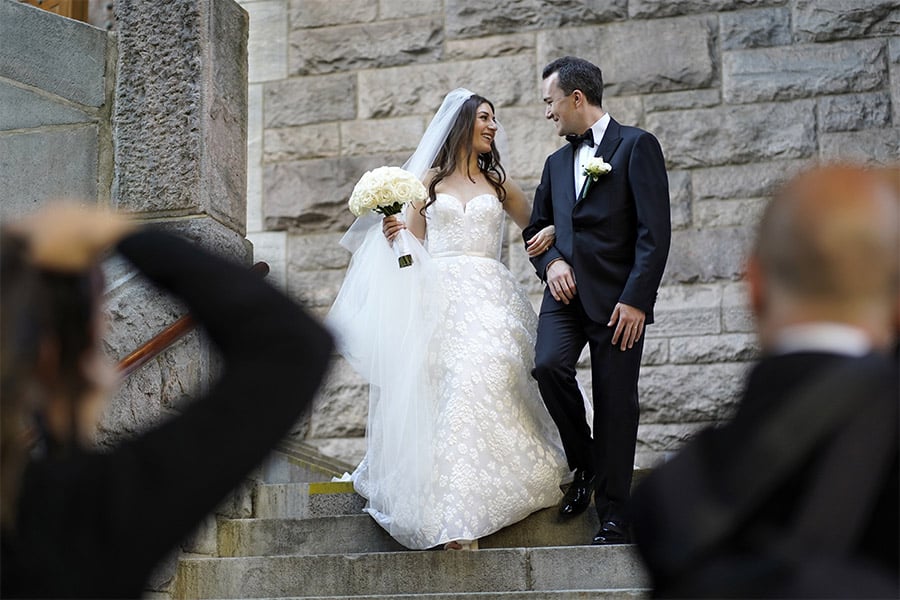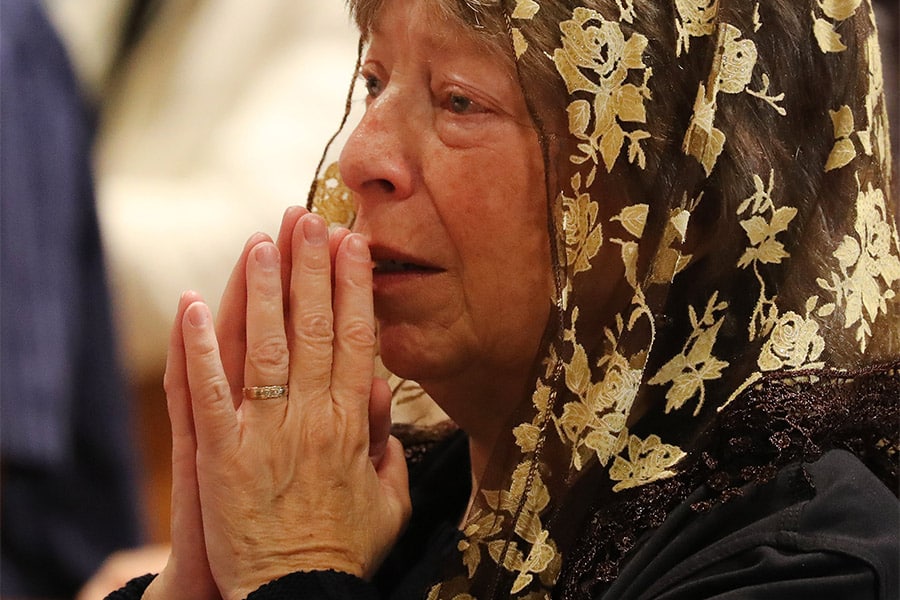Q. I was raised Catholic and love my religion. But my brother has become a Pentecostal. He says that the King James Bible was published before the Catholic one and that Catholics added other books to the Bible afterward. Can you tell me when the Catholic version and the King James were published? (Richmond, Indiana)
A. The King James version of the Bible was published by the Church of England in the year 1611. The Catholic canon of the Sacred Scriptures (i.e., the books that the church believes to have been divinely inspired) had been established long before that — in fact, by church synods and councils in the late fourth and early fifth centuries. The Scriptures to which your brother is referring — called the “deuterocanonical” books — consist of seven books of the Old Testament: Tobit, Judith, 1 and 2 Maccabees, Wisdom, Sirach and Baruch.
In general, Protestants do not consider them as divinely inspired, but Catholics have done so for more than 1500 years. Protestant reformers of the 1500s, including Martin Luther, rejected these books as belonging to the official Scriptures — in part, perhaps, because certain portions contradict elements of Protestant doctrine (as in the case of 2 Maccabees 12, which supports praying for the deceased who are in purgatory).
Q. With the COVID-19 restrictions, why doesn’t the bishop of our diocese offer general absolution for all those unable to come to church? Our church building is so small that only about 25 to 50 parishioners can fit in for Mass — and then, only with a reservation. Many are reluctant to come during the pandemic, and the elderly and the sick in particular are anxious to receive the sacrament of reconciliation. (Northampton, Pennsylvania)
A. As I respond to this question, received in mid-October of 2020, most parishes I know of have already resumed — although on a more limited basis — a regular schedule of weekend Masses, together with opportunities for parishioners to receive the sacrament of penance.
At the height of the pandemic in March 2020, the Vatican did announce that, in places particularly hard hit by the coronavirus, conditions might exist to grant general absolution to the faithful without their personally confessing their sins first, in cases of grave necessity.
Determination of what constitutes this grave necessity would be the responsibility of the diocesan bishop. The justifying situations envisioned by the Vatican were, though, limited — the example offered was at the entrance to hospital wards where faithful in danger of death were confined.
The Vatican department making that announcement — the Apostolic Penitentiary, which deals with matter of conscience — also noted that where the faithful find themselves in “the painful impossibility of receiving sacramental absolution,” they can make an act of contrition directly to God in prayer. If they are sincere and promise to go to sacramental confession as soon as possible, the penitentiary noted, they can “obtain the forgiveness of sins, even mortal sins.”
In publicizing that March announcement by the Vatican, the website of the Cincinnati archdiocese was fairly typical. It noted that its priests were authorized to confer general absolution only in the following circumstance: “A hospital ward in which there is danger of death and individual confessions are deemed impossible and the penitents are instructed that they are to confess their sins individually when they next have the opportunity.”
Individual confession is the ordinary way of celebrating the sacrament of penance, and the church has always valued the personal contact between the priest and the penitent.
More Question Corner
Copyright © 2020 Catholic News Service/U.S. Conference of Catholic Bishops


